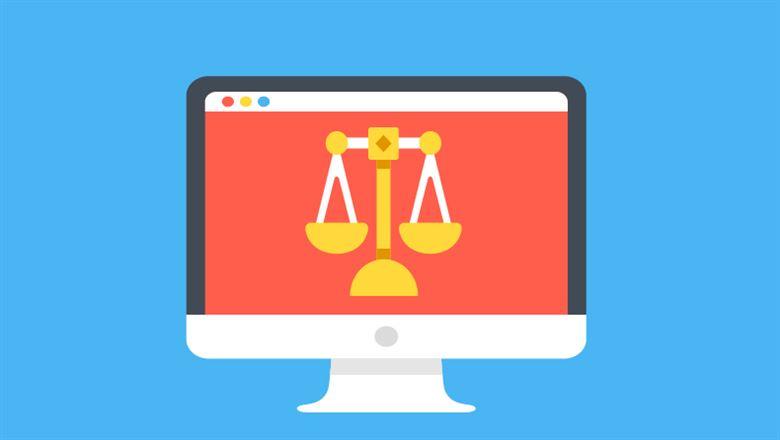Alex Beall
Alex Beall is a freelance writer based in California.

All staff working in associations need to properly handle situations requiring ethical decision making to protect the organization's good standing. The IT team faces unique ethical dilemmas, but policies and procedures can help avoid wrongdoing.
When you think of ethical decision making in associations, you may immediately think of the human resources or finance departments. But the responsibility for ethical decision making lies with the entire staff, including the technology team.
"All staff in an organization always need to be thinking of the decisions they're making through an ethical lens," says Rhea Steele, CAE, chief operating officer at the Council for the Accreditation of Educator Preparation. "It's just really important for us to be paying attention to the perception of what we're doing and the decisions that we're making in ensuring that they're in the best interest of our constituents and our organizations."
IT teams face unique ethical challenges because they have high levels of access to data, personal information, staff equipment, and email accounts. To ensure ethical decisions are made properly, an organization should create policies and procedures for staff to use when dilemmas arise and should establish the expectation that these guidelines will be followed.
"When everybody understands where they should operate and there's clarity about what's acceptable and not, everybody's going to function a lot better," says Melissa Garcia, CAE, senior director of digital and information strategy at the Society for Neuroscience. "There's no gray area, and the benefit is protecting the organization and being able to do what you need to be doing for the mission."
Here are a few steps that IT teams can take to address ethical dilemmas and avoid unethical decisions:
Identify issues. Before creating ethics policies, an organization must consider all issues that need to be covered—whether privacy, access, systems use, purchasing and procurement, equipment distribution, or vendor selection.
IT teams face unique ethical challenges because they have high levels of access to data, personal information, staff equipment, and email accounts.
This process should include reviewing the organization's existing policies, consulting the IT team on what ethical decisions they face, and looking at resources or other organizations for additional issues to consider. The team creating the policies should pay attention to ethical situations cropping up outside of the association space and discuss the implications of internal ethical violations for the organization and the public.
Create policies. Senior staff can then create policies and procedures that detail the process for ethical decision making, monitoring behavior, and responding to violations. All procedures should be clear and straightforward.
Steele recommends that these policies not be linked to specific technologies or tools because they change so quickly. This provides flexibility and avoids the need to adopt new policies when new technology is introduced.
Implement policies. To ensure that policies are effectively implemented and followed, senior staff needs to make all team members aware of them. "If you're rolling this out for the first time, you're going to want to explain the basis behind it, how it protects the organization, and why it's important," Garcia says. Creating a culture in which staff is free to ask questions about policies and ethical situations and annually reminding staff of existing policies will also help.
Review policies. Organizations should regularly review their ethical decision-making policies and make updates if necessary to ensure they are still relevant. By paying attention to ethical dilemmas arising in other spaces, associations can update their policies to anticipate new issues. For example, if other organizations are fielding new security threats or experiencing data breaches, an association can create a policy addressing similar problems before they happen.
When new ethical dilemmas arise internally, staff should discuss how to handle the situation and determine if a new policy is required. Also, if staff frequently request exceptions to the ethics policy and exceptions are granted, it may mean the policy is out of date and needs to be revised.
"When presented with an ethical dilemma, it's actually really important to step back and have conversations within the organization to determine whether you need new procedures or protocols to actually handle that scenario," Steele says.
Ultimately, putting in place an ethical decision-making framework ensures that an organization—and its staff—are acting consistently and thoughtfully, which protects the organization's good reputation.
"Integrity and credibility are incredibly important to associations, and when unethical decisions are made, when that gets out publicly, you've destroyed those two things," Steele says. "And you don't ever want to do that as an association."